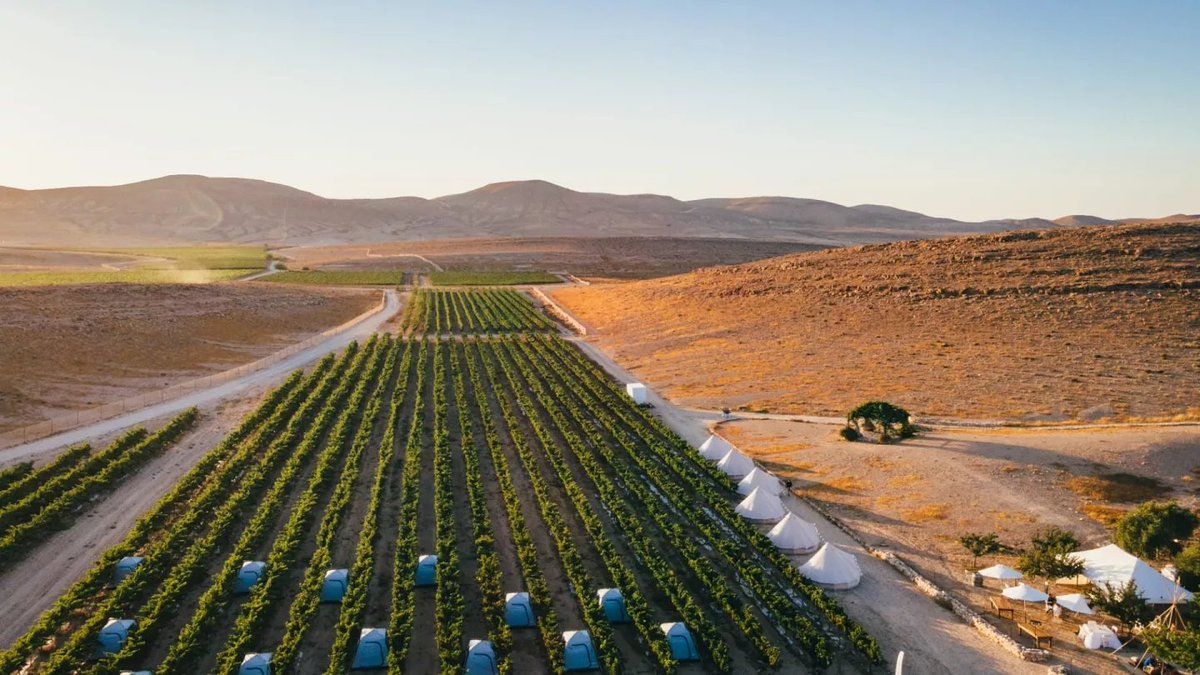Israel's water miracle
July 1st, 2023
The saga of Israeli water management is one of the most inspiring stories of the last 75 years. Israel went from having a serious water problem to being a net water exporter to neighboring countries. Meanwhile, the population grew from ~1 million to well over 9 million.

With its land mass 60% desert, the region was originally thought to support a max population of just 2 million people. But with tireless work, financial support to find new solutions, and brilliant technological advances, Israel was able to blow past those limits.
There was no one silver bullet. Israel's water crisis was averted through a portfolio approach. The country invested in a wide range of solutions of varying cost, timelines, and chance of success. Here are a few breakthroughs that were especially powerful:
- Drip irrigation: Israeli engineers invented drip irrigation in the 1960s, replacing traditional flood irrigation. This method saves up to 90% of the water and boosts yields 10-90% (depending on crop type), because it controls water application to match the exact needs of each plant, and it reduces nutrient runoff compared to flood irrigation.

- Desalination: Israel played a huge role in proving that desalination can be economically viable. The country desalinates 75% of its drinking water from the Mediterranean, and it has built some of the largest and most advanced desalination plants in the world.

- Wastewater reuse: Recycled wastewater is a large and growing source of water in Israel, accounting for >25% of the country's water supply. They reuse 90% of their sewage for agricultural irrigation; for comparison, the US reuses <10%.

- Improved crop varieties: Israeli agricultural scientists have developed new crop varieties that are more resistant to heat, drought, and saline conditions.

- Real pricing: Most countries subsidize water. For a long time, Israel was no exception. But in 2009, they started charging people for the real price of the water they consumed. Without rationing or limiting supply, real pricing induced households to cut water use by 16%!

If you're interested to learn more, and if you want a spark of hope and a reminder that humans can solve hard problems, I highly recommend reading Let There Be Water: Israel's Solution for a Water-Starved World by Seth Siegel. It put me in such a good mood and was full of interesting technical details too!

Keep in touch!